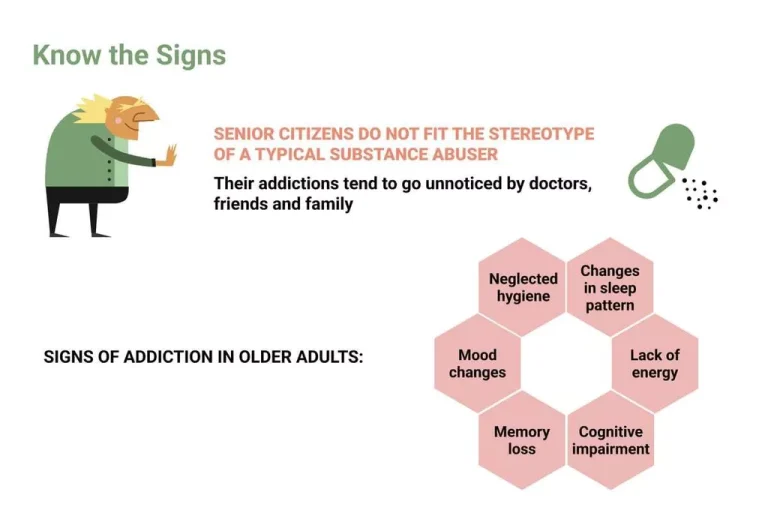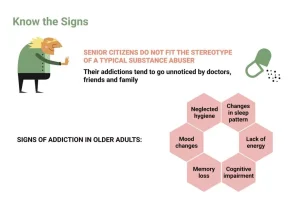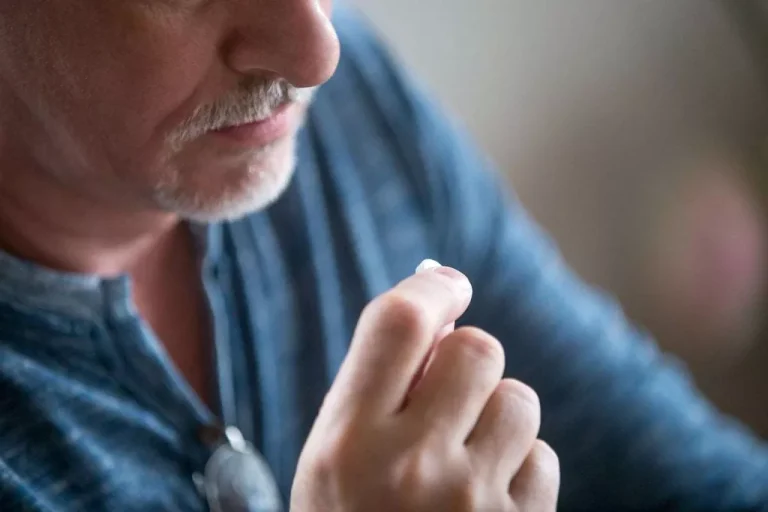
Setting clear limits in relationships helps individuals protect their sobriety and mental well-being. Healthy personal relationships can provide emotional support, accountability, and encouragement throughout the recovery journey. Addiction recovery presents numerous emotional challenges that can complicate personal relationships. Individuals often grapple with feelings of guilt and shame due to actions taken during substance use.
I Dreamed About Using Drugs – What Does That Mean?
Staying sober is a crucial step in this process, as any relapse can potentially breach the trust being diligently built. It underscores the significance of self-care actions to maintain sobriety and uphold trust with friends and family. It’s crucial for individuals in recovery relationships to pay attention to these non-verbal signals to ensure alignment with their verbal communication.

Explore Topics
At Harmony Ridge Recovery, we believe that boundaries are relationships and recovery a powerful tool for protecting sobriety while maintaining healthy, fulfilling connections. We understand that recovery is about more than just quitting substances—it’s about creating a life where sobriety can thrive. Boundaries in recovery help protect your recovery by defining what you will and won’t accept in your relationships, environment, and daily life. Clear boundaries not only safeguard sobriety but also enhance relationship health. They facilitate open communication about needs and concerns while minimizing misunderstandings that can lead to conflict. By asserting personal boundaries, individuals in recovery ensure that their emotional and physical vulnerabilities are recognized and respected.
Protect Against Triggers and Relapse
- Journaling provides a safe outlet for self-reflection and emotional processing.
- Our holistic approach to treatment includes individual therapy, family counseling, and support groups to help you build and maintain healthy connections.
- Or maybe you question your partner’s actions, even when they haven’t done anything wrong?
- Although they can bring joy and companionship, they also present challenges for individuals learning to rebuild their lives.
- Building a solid support network is crucial in the recovery journey.
As you can imagine, the complications that come with addiction can also often lead to negative impacts when it comes to the person’s relationship with those around them. The nature of addiction often leads to a breakdown of trust, communication, and mutual respect, creating a fertile ground for conflict, resentment, and isolation. Additionally, the prioritization of substance use substance use over relationships can lead to neglect, dishonesty, and behavior that strains or even destroys many of these relationships. The addiction recovery process is a transformative journey what is alcoholism that requires dedication, self-awareness, and strong support systems. The dynamics of relationships often shift dramatically during and after addiction recovery.
- Conversely, existing relationships built on a foundation of mutual support and understanding may strengthen as both parties adapt to the individual’s recovery journey.
- The effectiveness of peer support is evident in the positive outcomes for individuals in recovery.
- Healthy relationships serve as the foundation for sustained recovery.
- Identifying and shedding unhealthy or “toxic” relationships is also part of the recovery process.
- Families can learn the best ways to be involved in meal support by helping to prepare meals, reduce stress around eating, and/or encourage coping strategies.
- Engaging in various therapeutic practices can provide individuals and families with essential support and tools.
- Cultivating self-love after addiction is vital for sustainable recovery.

When you enter recovery, it’s natural to want to repair this damage as soon as possible, and your impulse might be to try to do just that. However, attempting quick fixes is rarely helpful and almost never works well. We are committed to healing everyone who enters our doors from the inside out. No matter what stage our guests enter treatment, we strive to meet them right where they are. ‘ Dive into their effects, legality, and debates around liberalization.
